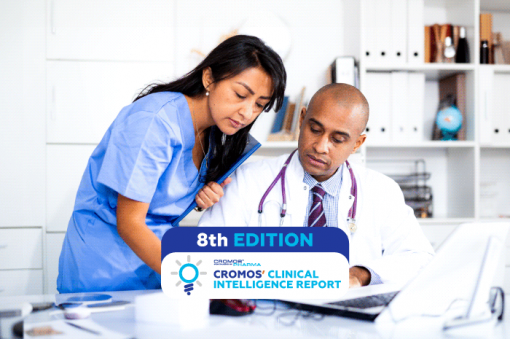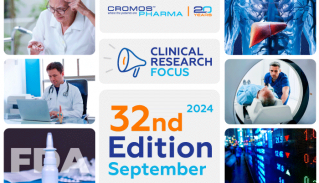
Pragmatic Clinical Trials in 2024
Pragmatic clinical trials (PCTs) stand as a transformative approach in the biotech and pharmaceutical industries, providing crucial real-world insights into treatment effectiveness within the contexts where they are expected to be applied. Unlike explanatory trials that focus on controlled and specific biological outcomes, PCTs delve into the applicability and generalizability of interventions across diverse clinical settings.
This article explores the nuances of PCTs, highlighting their distinctions and challenges, and offers ten best practices to minimize these hurdles for biotech and pharma professionals. Before delving into practical strategies, it is essential to understand the definition and significance of PCTs.
Defining Pragmatic Clinical Trials:
Pragmatic Clinical Trials represent a departure from traditional explanatory trials by assessing interventions in real-world settings, mirroring routine clinical practice. Unlike trials focusing on controlled biological outcomes, PCTs prioritize effectiveness over efficacy, aiming to answer whether a treatment works in diverse, everyday scenarios.
Benefits of Pragmatic Clinical Trials:
- Real-world Applicability: PCTs offer insights into treatment effectiveness within the contexts where they are expected to be used, providing results that better reflect routine clinical practice.
- Efficiency and Cost-effectiveness: Streamlined trial processes and reduced administrative burdens in PCTs contribute to faster enrollment, lower costs, and overall efficiency.
- Patient-centered Outcomes: The broader outcomes measured in PCTs, primarily patient-centered, align with stakeholders’ perspectives, enhancing the relevance of the results.
- Generalizability and Diversity: By aiming for maximal heterogeneity in clinical settings and patients, PCTs facilitate a more diverse trial population, contributing to results that are broadly representative of the general population.
Limitations and Challenges:
- Risk of Bias: The pragmatic nature of PCTs may introduce bias due to reduced control over trial conditions, necessitating careful consideration of data quality.
- Data Quality Challenges: Relying on real-world data may pose challenges in ensuring data accuracy and reliability, requiring robust strategies for handling missing data.
Balancing Pragmatism with Rigor:
Striking the right balance between real-world applicability and maintaining trial integrity poses a challenge, with implications for study design and outcomes.
The Future of Pragmatic Clinical Trials:
- Expanded Role in Registration: PCTs are poised to play an expanded role in the registration of new medicines and novel indications, with regulatory bodies increasingly recognizing the value of real-world evidence.
- Informed Decision-Making: As the demand for evidence that informs decision-making by patients, caregivers, and policymakers grows, PCTs are well-positioned to provide insights crucial for the widespread adoption of treatments.
- Technological Integration: The integration of technology in PCTs, such as electronic health records and remote monitoring technologies, is likely to enhance data collection and patient engagement.
- Ethical Considerations and Regulatory Collaboration: Addressing ethical considerations in PCTs, including informed consent, will continue to be a priority, requiring collaboration between trial designers and regulatory bodies to strike the right balance.
Project Pragmatica
As part of modernizing evidence generation, the FDA Oncology Center of Excellence initiated Project Pragmatica in 2022 to explore pragmatic design elements’ appropriate use in oncology trials.
Project Pragmatica’s objectives include exploring feasible pragmatic elements in cancer trials, collaborating with stakeholders, and researching potential benefits such as faster accrual, diverse populations, reduced attrition, and cost savings.
Conclusion:
Pragmatic Clinical Trials represent a transformative shift in evidence generation, offering a more authentic reflection of treatment effectiveness in diverse, real-world contexts. While challenges exist, the benefits of efficiency, patient-centeredness, and broader generalizability position PCTs as a crucial tool for biotech and pharma professionals. The future of PCTs holds the promise of influencing regulatory frameworks, embracing technological advancements, and contributing to more informed decision-making in patient care. As the industry adapts, navigating the delicate balance between pragmatism and rigor will be key to unlocking the full potential of PCTs in shaping the future of evidence generation.






























